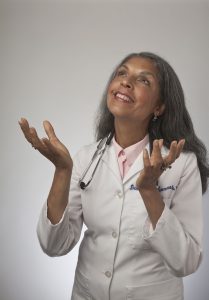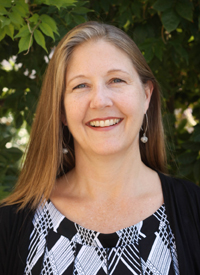Listen to About Health’s show from 11/20/17
KPFA.org, 94.1FM

A stroke happens every 40 seconds in the U.S. and is the fifth leading cause of death, killing about 140,000 Americans each year.
The average person loses 1.9 million brain cells every minute a stroke goes untreated. Recovery from a stroke is a life long process, and there are many people, like my guest, Dr. Diane Barnes, who have a story to tell that might help you or a loved one with recovery and hope.
Common Stroke Warning Signs and Symptoms
- Sudden numbness or weakness of the face, arm, or leg—especially on one side of the body.
- Sudden confusion, trouble speaking or understanding.
- Sudden trouble seeing in one or both eyes.
- Sudden trouble walking, dizziness, loss of balance or coordination.
- Sudden severe headache with no known cause.
If you think someone may be having a stroke, act F.A.S.T. and do the following test:
F—Face: Ask the person to smile. Does one side of the face droop?
A—Arms: Ask the person to raise both arms. Does one arm drift downward?
S—Speech: Ask the person to repeat a simple phrase. Is the speech slurred or strange?
T—Time: If you see any of these signs, call 9-1-1 right away.
Guests
 Dr. Diane Barnes is a third generation physician. She is a graduate of Stanford University and Yale University School of Medicine, and is board certified in Diagnostic Radiology. She left the practice of medicine in 2010. After surviving the catastrophe that inspired her one-women show, My Stroke of Luck, Diane Barnes discovered improvisation. Now a Meisner-trained actor, she also completed the American Conservatory Theater’s Summer Training Congress, and studied with Anna Deavere Smith, Ann Randolph, Keith Johnstone, and the Dell’Arte International School of Physical Theatre. You can find out more about her show, presented November 2-December 9, at www.themarsh.org, or call The Marsh box office at 415-282-3055
Dr. Diane Barnes is a third generation physician. She is a graduate of Stanford University and Yale University School of Medicine, and is board certified in Diagnostic Radiology. She left the practice of medicine in 2010. After surviving the catastrophe that inspired her one-women show, My Stroke of Luck, Diane Barnes discovered improvisation. Now a Meisner-trained actor, she also completed the American Conservatory Theater’s Summer Training Congress, and studied with Anna Deavere Smith, Ann Randolph, Keith Johnstone, and the Dell’Arte International School of Physical Theatre. You can find out more about her show, presented November 2-December 9, at www.themarsh.org, or call The Marsh box office at 415-282-3055
Patricia Gill, MS, MFT, is the Executive Director at the Schurig Center.
 She started there in 2006 as a Teacher/Counselor and transitioned to Programs Director in 2007, and then Executive Director in 2009. Patricia earned a BA and MS in Clinical Psychology from San Francisco State University and has worked in research and clinical positions at UC Davis and UCSF. Other professional positions include management of an Alzheimer’s and Dementia residential program; administration of neuropsychological testing; teaching at the University of San Francisco; coordinating research projects at UCSF/USF; and providing psychotherapy services to individuals, couples, and groups. Patricia is passionate about providing services that enhance people’s lives and ability to meaningfully engage with the community.
She started there in 2006 as a Teacher/Counselor and transitioned to Programs Director in 2007, and then Executive Director in 2009. Patricia earned a BA and MS in Clinical Psychology from San Francisco State University and has worked in research and clinical positions at UC Davis and UCSF. Other professional positions include management of an Alzheimer’s and Dementia residential program; administration of neuropsychological testing; teaching at the University of San Francisco; coordinating research projects at UCSF/USF; and providing psychotherapy services to individuals, couples, and groups. Patricia is passionate about providing services that enhance people’s lives and ability to meaningfully engage with the community.
